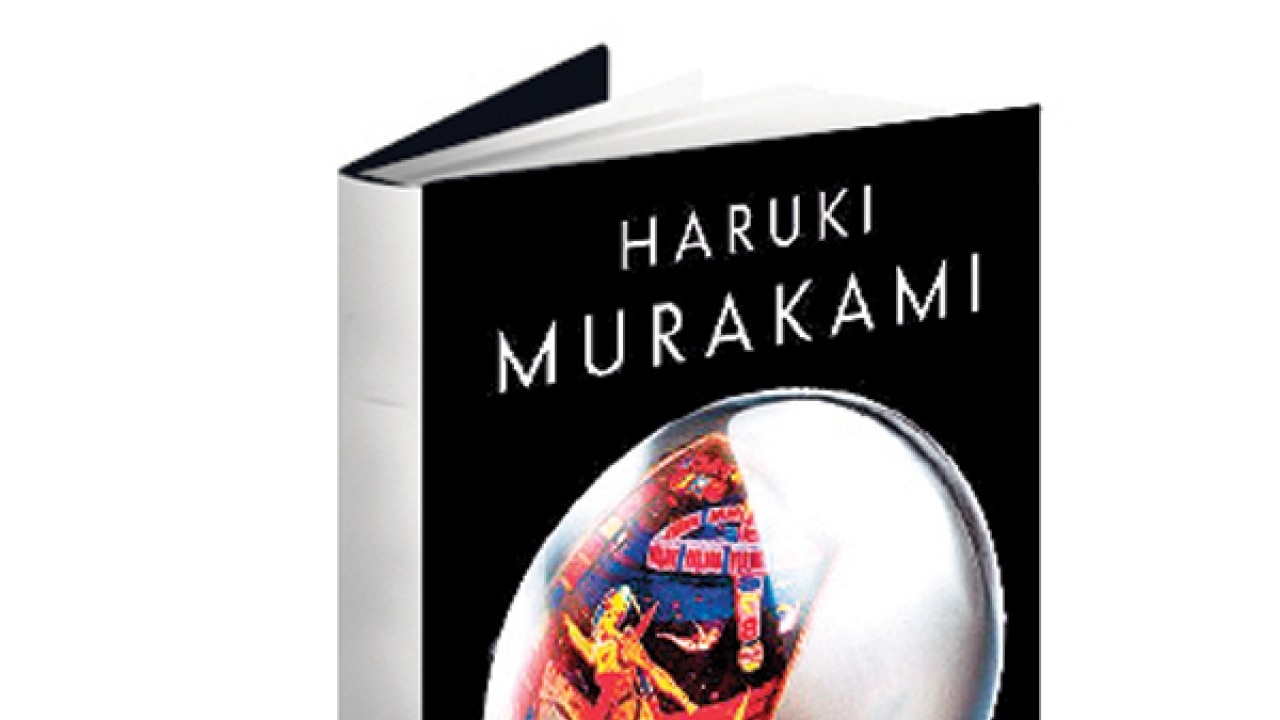
Book: HEAR THE WIND SING/PINBALL
Author: Haruki Murakami
Publisher: Harvill Secker
Pages: 330
Price: Rs 699
There's this lovely story that Haruki Murakami recounts in The Birth of My Kitchen-Table Fiction, a new essay appended to this book that brings to English readers translations of his two earliest attempts at fiction, about how he became a novelist.
Murakami, apparently, was watching a baseball game at the Jingu Stadium in Tokyo on a hot April afternoon in 1978, when the crack of ball meeting baseball bat, brought on the thought — "I think I can write a novel."
Murakami writes: "It felt as if something had come fluttering down from the sky, and I had caught it cleanly in my hands. I had no idea why it had chanced to fall into my grasp...It was like a revelation. Or maybe 'epiphany' is a better word."
Are you supposed to believe him? In as much as Murakami has recounted this story often earlier, perhaps, it is true, or a version of it coloured by the novelist's imagination. After all, what is to prevent a novelist from viewing his own life events through the prism of his imagination, the way he does his fiction? What is truth, indeed, if not a species of fable-making?
Murakami's fiction characters have always invited this shadow world, somewhere between reality and dreams, between the commonplace and strange, the conscious and subconscious. Kafka on the Shore, Murakami's most virtuoso flight of surreal fancy, has a talking cat; sardines, mackerel and leeches raining down from the sky; and Johnny Walker of whiskey-brand fame coming to life in skin-tight pants. The Wind-Up Bird Chronicle is full of similarly odd goings-on — a girl who fakes a limp, rating bald guys on a scale for a wig company she works for, etc.
Both novellas in this volume reveal germs of this surrealist vein that blossomed so prodigiously in Murakami's later, mature works. As also forerun plot-lines and themes familiar to his fans — the wit, the ennui, articulated in a kind of glib nonchalance, of young men growing up in the 1960s and 1970s Japan, who drink prodigious amounts of beer and smoke endless packs of cigarettes as they muddle around trying to find a way around life, a career, sex, relationships... And death, a constant presence. As the narrator of Hear The World Sing says: "To keep it short and sweet: I'm twenty-one years old. Still plenty young, but not as young as I used to be. If that bothered me, my only option would be to take a flying leap off the Empire State Building some Sunday morning."
Needless to say, the above passage reveals that the early Murakami had also devised his character style marked by a surface lucidness, dramatic flourish and intuitive lyricism that makes him such an easy read.
In Pinball, the protagonist's listlessness leads to an obsession with the table-top game called pinball, specifically one variety of it called "three-flapper Spaceship". When the machine he plays on vanishes after the game arcade it was housed in is razed to the ground, he goes looking for it all over Tokyo and is directed to a pinball enthusiast, a university professor no less, who lectures him with savant-like zeal on the history of pinball machines, the various models and directs him, with an acumen for detection that would have done Sherlock Holmes proud, to a warehouse full of old pinball machines. The success at the end of a long search, and the encounter with the machine that had him in thrall cures him finally of his obsession — and, inexplicably, reconciles him with life's seemingly purposeless drift.
"The hum of pinball machines had vanished from my life. Ditto the thoughts with no place to go. There would be no Knights of the Round Table-like grand finale....From now on, I vowed, when my horse was exhausted, my sword broken, and my armour rusty, I would lay myself down in a meadow of green foxtail and listen to the wind. I would follow the path I should follow wherever it took me."